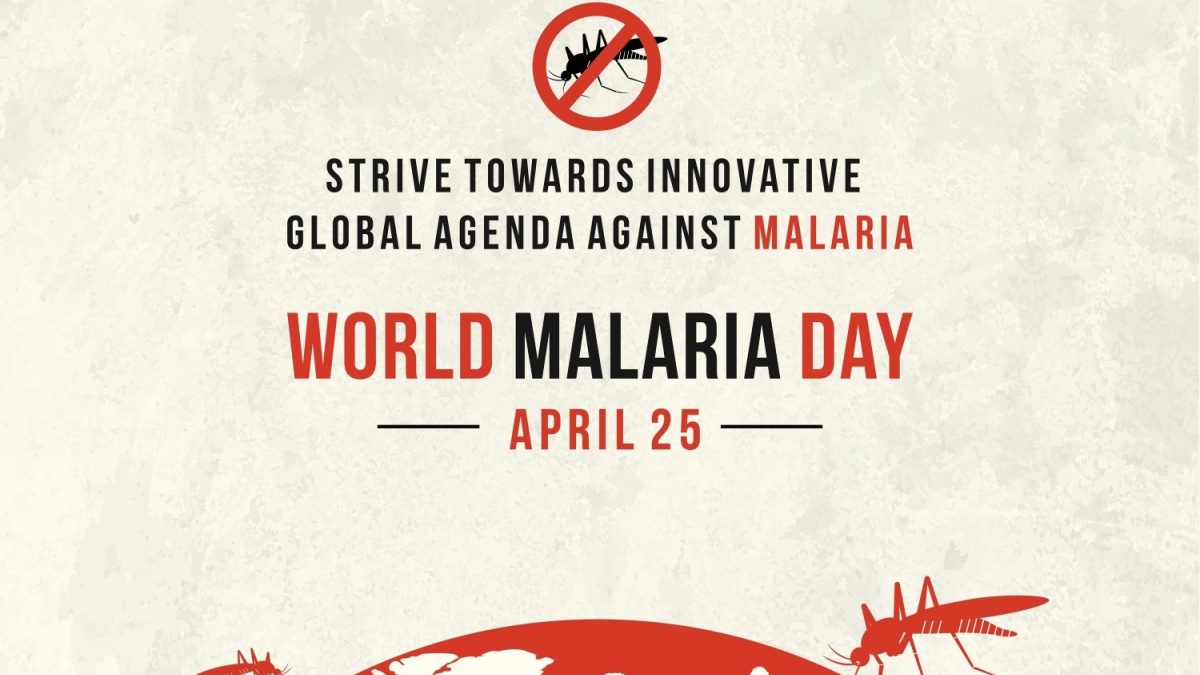
World Malaria Day is observed across the globe on April 25 to spread awareness about the deadly mosquito-borne disease. The day highlights the efforts to end malaria and to educate people to prevent its spread. On World Malaria Day 2024, the World Health Organisation (WHO) joins the RBM partnership to eradicate malaria and other partners in highlighting barriers to health equity, gender equality and human rights in malaria responses worldwide – as well as concrete measures to overcome them.
According to the latest report from the WHO, progress has been made in reducing malaria, still too many people are at high risk from the disease. People living in the most vulnerable situations including pregnant women, infants, children under 5 years of age, refugees, migrants, internally displaced people, and indigenous peoples continue to be disproportionately impacted.
Climate change and humanitarian emergencies are displacing populations making them vulnerable to the disease and hindering progress on achieving the vision of a malaria-free world.
WHO recommends prompt diagnosis for anyone with suspected malaria. If Plasmodium falciparum malaria is not treated within 24 hours, the infection can progress to severe illness and death.
World Malaria Day 2024 Theme
The theme for World Malaria Day 2024 is “Accelerate the fight against malaria for a more equitable world.”
World Malaria Day History
World Malaria Day is observed on April 25 across the world and an occasion to highlight the need for the prevention and control of malaria. It was established by WHO Member States at the World Health Assembly in 2007.
What Causes Malaria?
Malaria is caused by the Plasmodium parasites that spread to humans through the bites of infected female Anopheles mosquitoes. The disease is caused by five parasitic species, P. falciparum, P. vivax, P. malariae, P. ovale and P. knowlesi. The first four are specific for humans, while P. knowlesi causes malaria in macaque monkeys.
Symptoms of Malaria
The first symptoms usually begin within 10–15 days after the bite from a mosquito. The common symptoms include Fever, headache and chills, which may be mild and difficult to recognise. However, in malaria endemic areas, people who have developed partial immunity may not experience symptoms (asymptomatic infections).
Transmission of Malaria
Malaria is a life-threatening disease and is not contagious and cannot spread from one person to another but is only transmitted through the bites of infected mosquitoes. There are over 400 different species of Anopheles mosquitoes and around 40, known as vector species, can transmit the disease.
Treatment for Malaria
Malaria is a treatable disease and it can be treated through early diagnosis and correct medication. The most common medications that are used for the treatment of malaria are:
- Quinine
- Doxycycline
- Chloroquine
- Artemisinin
- Mefloquine
- Atovaquone
World Malaria Day 2024 Quotes
- We can defeat the deadly disease by maintaining good hygiene and keeping our surroundings clean.
- Best wishes to everyone on this World Malaria Day. Let us work together to combat this illness that has taken so many lives.
- Defeating malaria is absolutely critical to ending poverty, improving the health of millions, and enabling future generations to reach their full potential. — Tedros Adhanom
- As medical research continues and technology enables new breakthroughs, there will be a day when malaria and most all major deadly diseases are eradicated on Earth. — Peter Diamandis
- If we save people from HIV/AIDS, if we save them from malaria, it means they can form the base of production for our economy. — Ngozi Okonjo-Iweala.
first published: April 25, 2024, 06:00 IST







